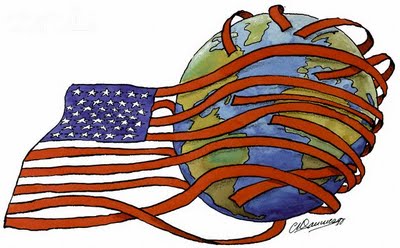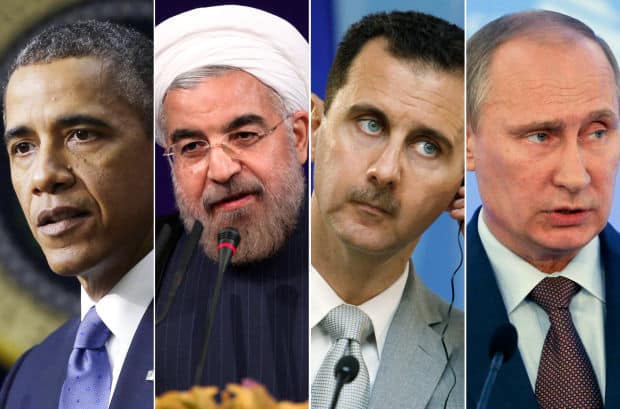Wars that the United States is waging around the world undermine our security by turning entire populations against us and diverting our attention and resources away from urgent needs at home. No, the opposite is true: the United States faces serious threats, and can...







